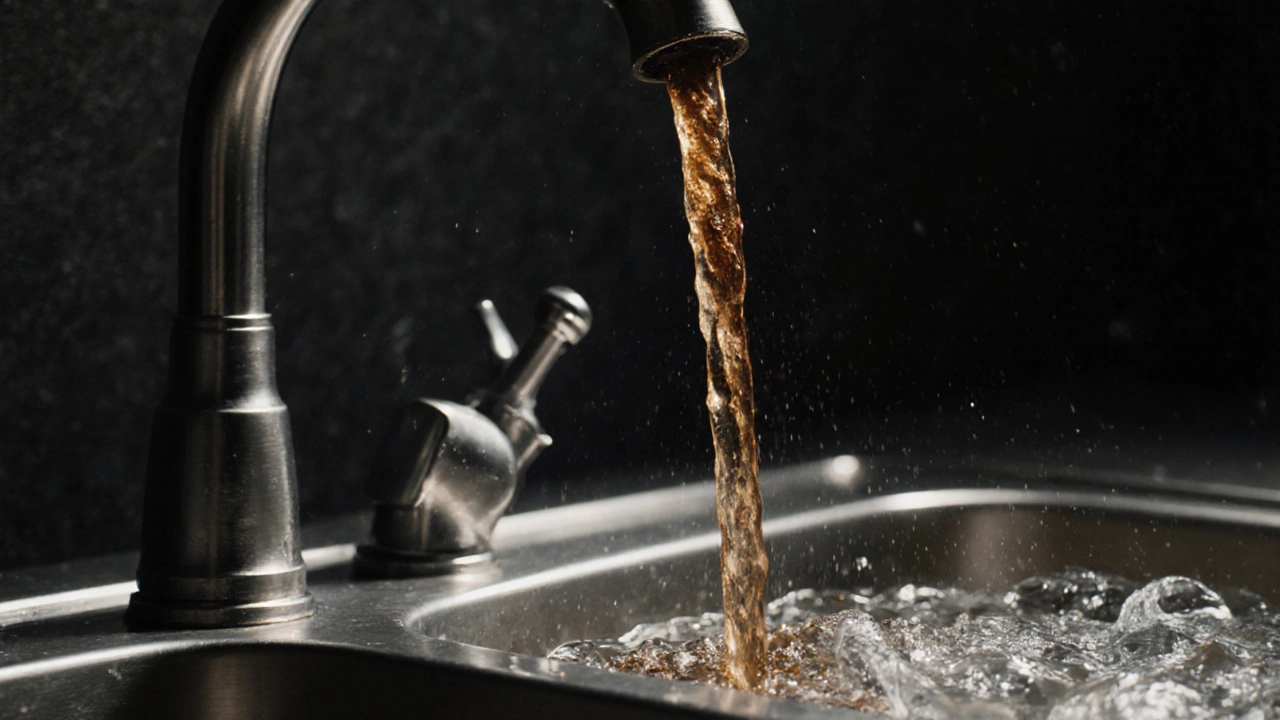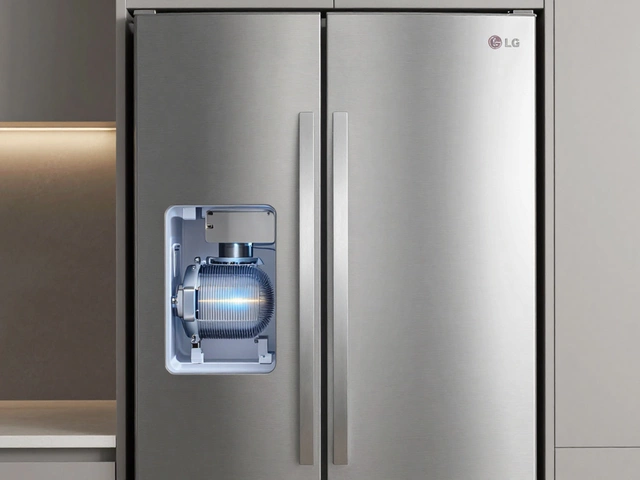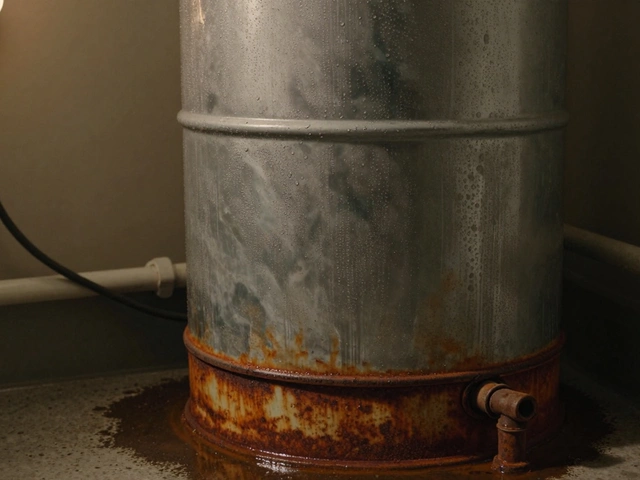Water Heater Age: How Old Is Too Old? Signs It’s Time to Replace
When your water heater stops giving you hot water, the first question isn’t water heater age—it’s "Can I fix this?" But the truth is, age is often the silent killer. Most tank-style water heaters last between 8 and 12 years. After that, even small leaks, strange noises, or weak heat aren’t just annoyances—they’re warnings. This isn’t about nostalgia or hoping it lasts longer. It’s about safety, cost, and knowing when to walk away before you’re left with a flooded basement.
Water heater age matters because the tank corrodes from the inside out. You can’t see it, but rust builds up slowly, weakening the lining. By year 10, even a well-maintained unit is working on borrowed time. If you’ve had yours for 12 years or more, and you’re starting to notice rusty water, puddles near the base, or longer wait times for hot water, you’re not dealing with a fixable problem—you’re dealing with a ticking clock. Water heater lifespan, the typical number of years a unit functions before failing isn’t just a number—it’s a warning sign you can’t ignore. Water heater replacement, the process of installing a new unit after the old one fails or becomes unsafe isn’t a luxury. It’s the smart move for people who want predictable bills and no emergency calls at midnight.
Many homeowners wait until the water heater dies completely before acting. That’s a mistake. A sudden failure can mean no shower, no laundry, and a potential flood. Water heater repair, fixing a malfunctioning unit, often involving parts like the thermostat, heating element, or dip tube makes sense for newer units—say, under 6 years old—with a simple part failure. But if your unit is past its prime, repair costs add up fast. A new thermostat might cost $150. A new element? Another $100. But if the tank itself is corroded, those fixes are just temporary patches. You’re paying to delay the inevitable.
And here’s what most guides don’t tell you: older water heaters are less efficient. A 15-year-old unit uses 20-30% more energy than a modern one. That means higher bills every month. Even if your heater still works, you’re paying extra just to keep it running. Newer models have better insulation, smarter thermostats, and longer warranties. The money you save on your energy bill in just two years can cover the cost of a new unit.
Don’t wait for disaster. If your water heater is older than 10 years, start paying attention. Check the serial number on the label—most include the manufacture date. Look for signs of rust on the pipes or base. Listen for popping or rumbling—those are signs of mineral buildup inside the tank. Test the water—if it’s brown or smells bad, the tank’s lining is breaking down. These aren’t vague clues. They’re clear signals that your water heater age has passed the point of no return.
Below, you’ll find real stories from people who waited too long—and those who acted early. You’ll see what repairs actually work on older units, what doesn’t, and how to spot the hidden signs of failure before it’s too late. No fluff. No sales pitches. Just what you need to know to make the right call for your home.
Learn the key signs your water heater is failing-rusty water, strange noises, leaks, and more. Early detection saves you from costly repairs and sudden breakdowns.


